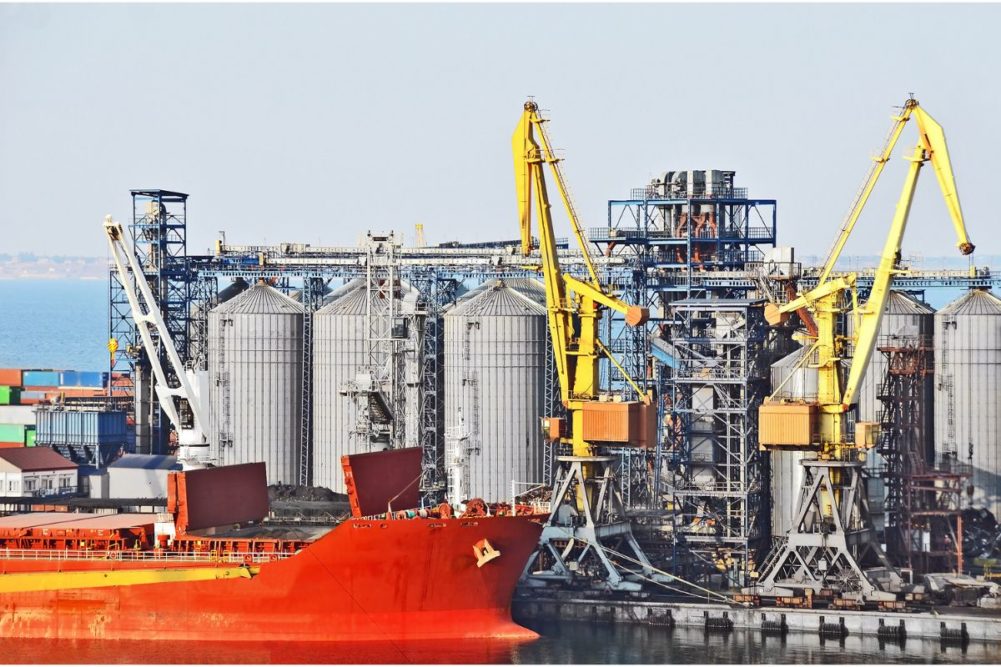KYIV, UKRAINE — Talks to extend the Black Sea Grain Initiative that allow Ukraine to safely ship its grain are scheduled for May 3 even as Russia has signaled its disinclination to continue amid complaints Western sanctions continue to hamper its own exports, Reuters reported, citing a senior Ukrainian government official.
The deal, brokered by the United Nations and Turkey in separate agreements signed by Russia and Ukraine last July and already extended twice, is due to expire May 18. It was implemented in late July following Russia’s invasion of Ukraine and blockade of its Black Sea ports on Feb. 24, 2022.
“Talks are scheduled for tomorrow,” the source, who declined to be named, told Reuters. “All parties ... hopefully there will be results.”
Western sanctions do not directly target Russia’s agricultural and fertilizer exports, but Moscow has complained restrictions on payments, logistics and insurance have had the effect of restricting its shipments.
Kremlin spokesman Dmitry Peskov told reporters that part of the deal concerning Russia’s interests was not being implemented since it was renewed two months ago, but dialogue was continuing. He was not able to provide additional details on potential negotiations relayed by the Ukrainian source.
Before the war, Russia and Ukraine combined for about 30% of the world’s wheat export market. Ukraine is also a major exporter of corn and sunflower oil while Russia is a major fertilizer supplier.
The UN reported on April 11 that 27.5 million tonnes of grains and foodstuffs had been safely exported to 45 countries since the deal’s initial signing, calming global food prices. The Food and Agricultural Organization of the UN noted a further drop of 2.1% in its March food price index. The index has fallen 20.5% in the past year.
The UN said that through the initiative an essential source of supplies for the World Food Programme had been restored, with over 500,000 tonnes of wheat having been transported since August, supporting ongoing humanitarian operations in Afghanistan, the Horn of Africa and Yemen.
“The global humanitarian benefits of the initiative are evident and are not limited to exports to specific low-income countries,” said Stéphane Dujarric, spokesman for UN Secretary-General António Guterres. “It is in everyone’s interest to keep it going.”





